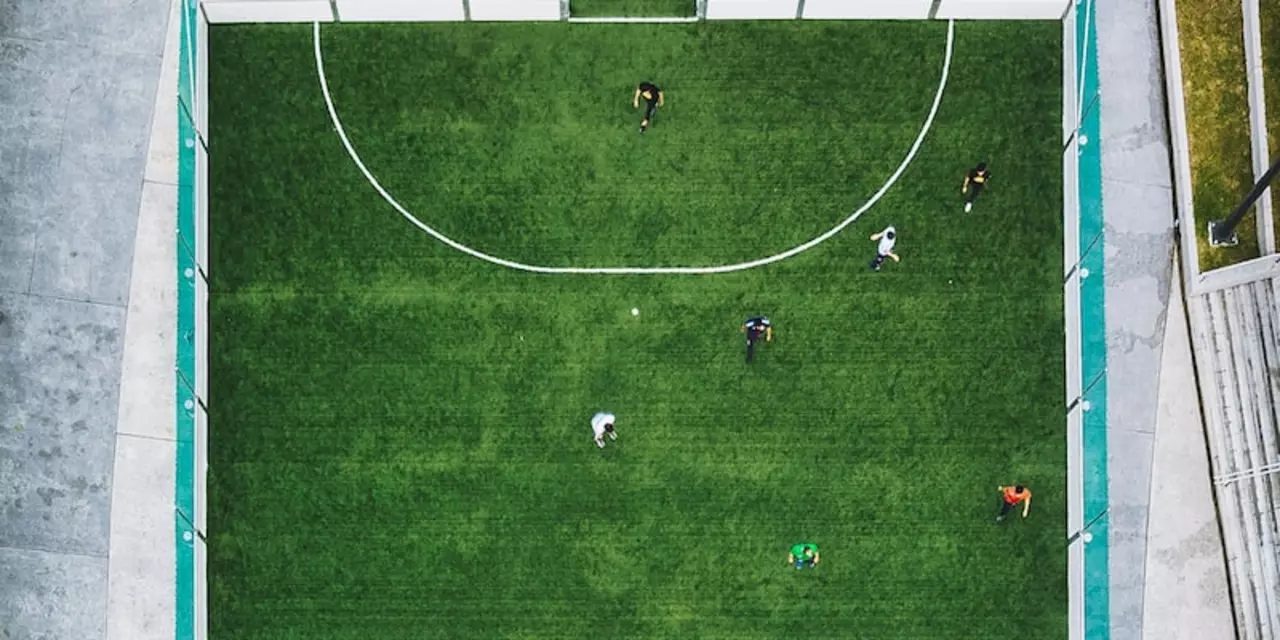Sports Health Tips for Soccer Players
When talking about Sports Health, the practice of keeping the body fit, safe, and injury‑free during athletic activity. Also known as Athletic Wellness, it guides everything from daily hydration to recovery routines. Understanding its key parts can mean the difference between a winning season and a sidelined one. sports health isn’t a luxury—it’s the foundation of every good performance.
Key Factors for Optimal Sports Health
First up, Dehydration, the loss of body fluids that occurs when you sweat faster than you replace liquids. Also known as Fluid Loss, it drops blood volume, raises heart rate, and clouds focus. In a fast‑paced soccer match, even a 2% drop in body water can shave seconds off sprint speed and make headaches more likely.
Next, Muscle Tension, the tightening of muscle fibers caused by prolonged exertion or poor posture. Also called Muscle Tightness, it builds up during repetitive drills and can create pressure on nerves, triggering pain that often shows up as a frontal headache after a game.
Then there’s Sleep, the nightly period of rest that allows the body to repair, consolidate memory, and regulate hormones. Also referred to as Rest, inadequate sleep reduces glycogen stores, impairs coordination, and heightens sensitivity to pain, making post‑match headaches feel worse.
When dehydration, muscle tension, and poor sleep collide, the brain’s pain receptors get over‑stimulated, resulting in the common post‑game headache many players describe. That’s why sports health isn’t just about training harder—it’s about balancing fluid intake, muscle recovery, and nightly rest.
Practical steps are simple: drink 500 ml of water two hours before kickoff, sip small amounts every 15 minutes during play, and top up with an electrolyte drink if you’re sweating heavily. After the match, spend five minutes stretching the hamstrings, calves, and neck to release built‑up tension. Finally, aim for 7‑9 hours of uninterrupted sleep, keeping screens out of the bedroom to let your body reset fully.
These habits create a feedback loop where proper hydration eases muscle work, relaxed muscles improve sleep quality, and good sleep sharpens focus for the next training session. The result? Fewer headaches, steadier performance, and a clearer mind on the pitch.
Below you’ll find a handful of articles that dive deeper into each of these topics—headache triggers, hydration tricks, stretching routines, and sleep hacks—all curated to help you master sports health and keep your game strong.
